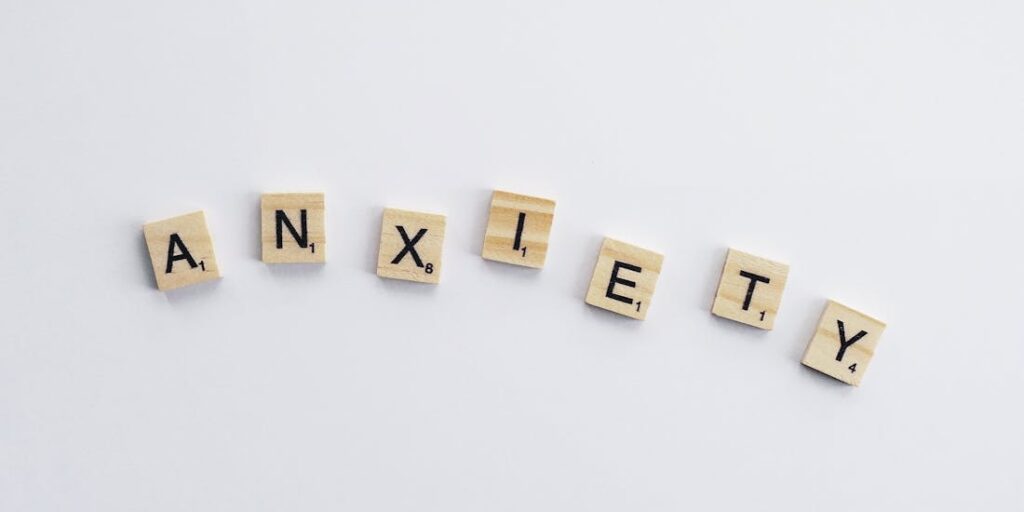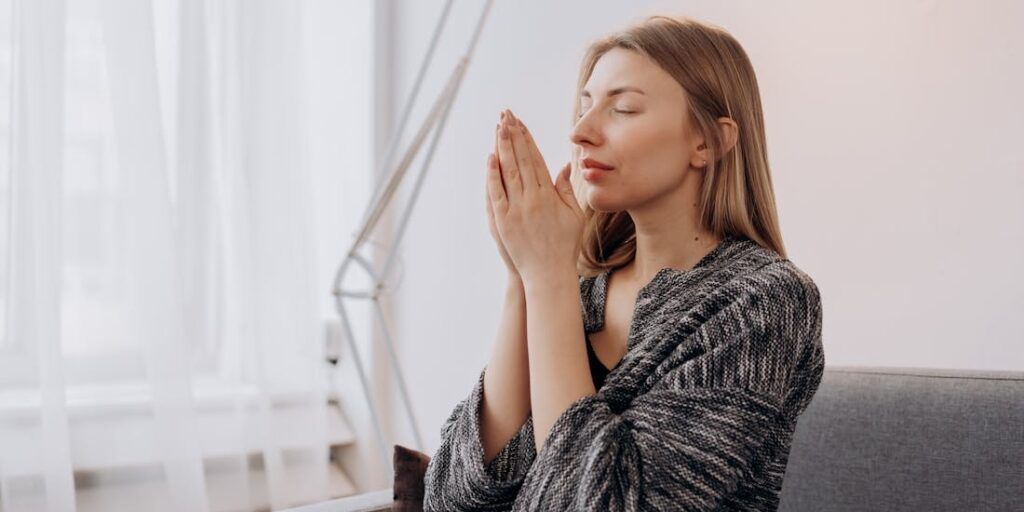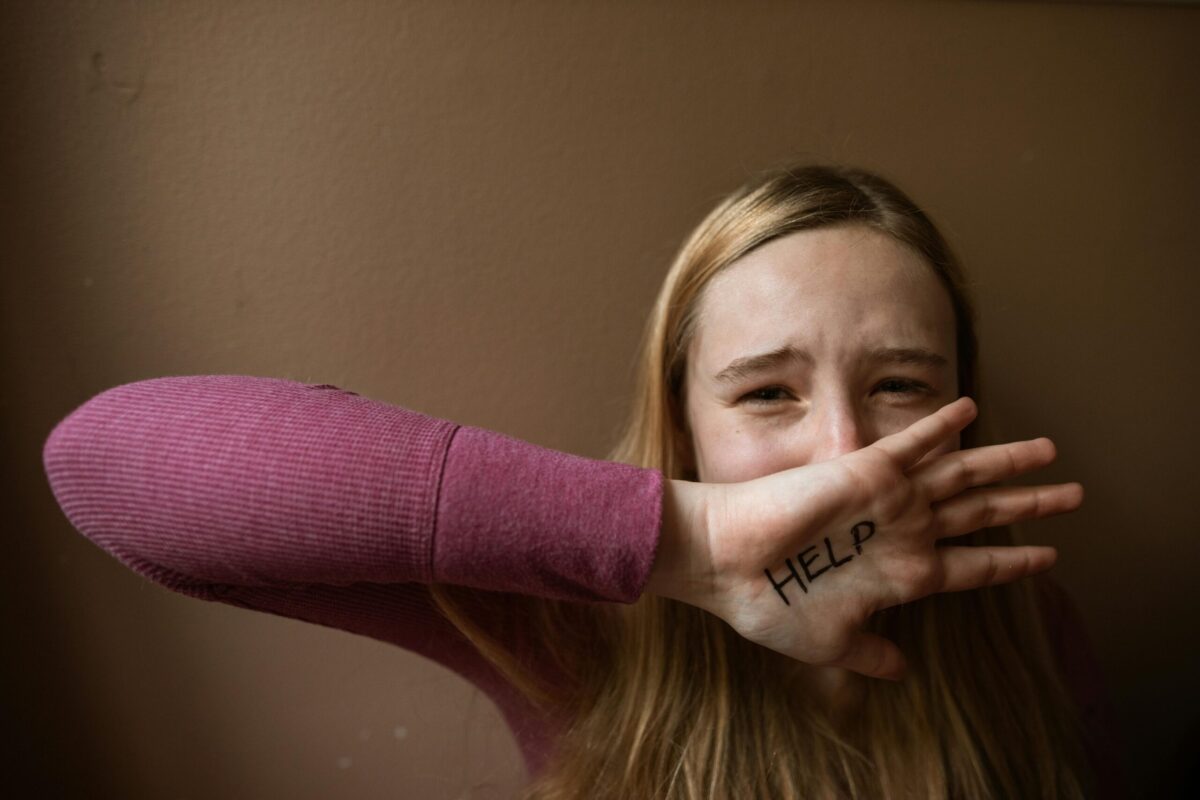It hits without warning – a sudden tightness in your chest, a struggle to catch your breath, and the creeping fear that something might be seriously wrong. But before you panic, consider this: shortness of breath is one of the most common symptoms of anxiety. In many cases, what you’re experiencing isn’t a physical emergency – the shortness of breath is from anxiety. While it can mimic a medical crisis, the root cause is often emotional. Understanding the link between anxiety and breathing changes can help you take control of the moment instead of being swept up in fear. Learning to recognize the difference is the first step toward managing your symptoms and feeling more at ease in your body.
Is Your Shortness of Breath Caused by Anxiety or a Medical Issue?
Shortness of breath can feel terrifying, especially when it comes out of nowhere. But not all breathlessness points to a serious medical condition. One of the most confusing things about anxiety is how physical its symptoms can be. That includes rapid, shallow breathing, chest tightness, and the sensation of not getting enough air. Still, these symptoms can also occur with heart problems, respiratory infections, asthma, or even allergic reactions.
The key difference often lies in timing and context. Anxiety-related shortness of breath usually comes on during moments of stress, emotional tension, or panic—and may fade as your nervous system calms down. In contrast, breathlessness caused by medical conditions tends to occur during physical activity, worsen with exertion, or persist regardless of your emotional state.

Physical Symptoms of Anxiety-Related Breathing Issues
Anxiety doesn’t just live in your head – it shows up in your body. One of the most noticeable ways it does this is by altering your breathing. When anxiety hits, your body enters a heightened state of alert, triggering a range of physical symptoms, especially related to respiration.
Common signs of anxiety-related breathing issues include:
- Fast, shallow breathing
- Tightness in the chest
- Feeling like you can’t take a full breath
- Lightheadedness or dizziness
- A sensation of “air hunger,” where breathing feels unsatisfying
This breathing pattern is part of the body’s fight-or-flight response. While helpful in short bursts, chronic overbreathing (also called hyperventilation) can make you feel even more anxious, creating a frustrating cycle of breathlessness and panic. Grounding techniques and holistic mental health treatment approaches are often effective in breaking that loop and restoring a sense of control.
Key Differences Between Anxiety and Medical Causes of Breathlessness
It can be difficult to tell whether shortness of breath is caused by anxiety or a medical condition. Both can feel overwhelming, but they tend to follow different patterns. Understanding the differences can help you respond appropriately.
Key distinctions include:
- Onset: Anxiety-related breathlessness usually starts suddenly, often during emotional stress. Medical causes may develop gradually or appear with physical exertion.
- Duration: Breathing tends to return to normal within 10–30 minutes if anxiety is the cause. Ongoing or worsening symptoms may indicate a physical issue.
- Triggers: Emotional tension, worry, or panic often precede anxiety-related symptoms. Physical illness, allergens, or activity typically trigger medical breathlessness.
- Relief: Anxiety symptoms often improve with calming techniques. Medical symptoms may persist without treatment.
When to Worry: Signs Your Shortness of Breath Is Not from Anxiety
While anxiety can cause intense physical symptoms, it’s important not to assume every episode of breathlessness is psychological. Some warning signs may point to a medical condition that requires immediate attention.
Seek medical help if you experience any of the following:
- Chest pain or pressure
- Bluish lips or fingertips
- Fainting or confusion
- Wheezing or a persistent cough
- Shortness of breath that worsens with exertion or while lying down
- Swelling in the legs or ankles
These symptoms could signal heart or lung conditions such as asthma, COPD, or even a cardiac event. If you’re ever unsure, err on the side of caution. Getting evaluated by a doctor can rule out serious issues and give you peace of mind.

How to Get Rid Of Shortness of Breath from Anxiety
When shortness of breath is triggered by anxiety, calming your nervous system is the most effective way to find relief. It may feel counterintuitive, but the more you fight the sensation, the worse it can become. Instead, focus on slowing your breathing and regaining a sense of control.
Here are some strategies that help:
- Breathe deeply and slowly: Inhale through your nose for 4 seconds, hold for 2, then exhale through your mouth for 6 seconds.
- Use grounding techniques: Focus on your senses – touch, sound, sight – to shift attention away from your breathing.
- Change your posture: Sit upright or stand; avoid slumping, which can restrict airflow.
- Get fresh air: A change in environment can help interrupt the anxiety loop.
Support through online therapy for anxiety disorder offers additional tools to manage breath-related anxiety episodes—especially when symptoms begin to affect daily life.
Breathing Exercises That Help with Anxiety-Induced Shortness of Breath
Breathing exercises are one of the most effective ways to interrupt anxiety in the moment and regain control over your body.
Try these simple methods:
- Box Breathing: Inhale, hold, exhale, and pause – 4 seconds each.
- Pursed-Lip Breathing: Inhale through your nose, exhale slowly through pursed lips.
- Diaphragmatic Breathing: Focus on breathing from your belly, not your chest.
Practicing regularly can reduce how often symptoms appear.
Can Anxiety Cause Shortness of Breath All Day?
Yes – anxiety can lead to ongoing shortness of breath that lasts for hours or recurs throughout the day. You might not be gasping for air, but instead feel a constant tightness, shallow breathing, or the urge to take deep breaths.
This often happens when your body stays in a heightened state of stress, even without a clear trigger. It’s especially common in people with chronic anxiety.

Treatment Options for Anxiety and Shortness of Breath
If anxiety is causing persistent shortness of breath, treatment can make a significant difference—not just in your breathing, but in your overall well-being. The right approach often includes a combination of therapy, lifestyle changes, and, when needed, medication.
Some effective options include:
- Cognitive behavioral therapy in Massachusetts: Helps you understand and change thought patterns that trigger anxiety and physical symptoms.
- Relaxation techniques: Mindfulness, yoga, and grounding exercises can reduce overall tension.
- Lifestyle support: Regular movement, limiting stimulants, and improving sleep can reduce daily anxiety levels.
- Medications: When symptoms are intense or interfere with daily life, anti-anxiety medications may be helpful under professional guidance.
Combining these strategies builds long-term resilience and reduces how often breathlessness shows up in your day-to-day life.
Manage Shortness of Breath from Anxiety Effectively
Shortness of breath is from anxiety can feel overwhelming, but it’s also manageable with the right support and strategies. Recognizing the signs, knowing when to seek medical help, and using techniques like breathing exercises and grounding can help you regain a sense of calm when symptoms strike.
If your anxiety is affecting your ability to breathe comfortably throughout the day, don’t try to handle it alone. From self-care tools to professional support, help is available. Whether it’s learning coping techniques, exploring therapy, or considering enrollment in a Massachusetts mental health center, taking action can improve both your mental and physical well-being.



